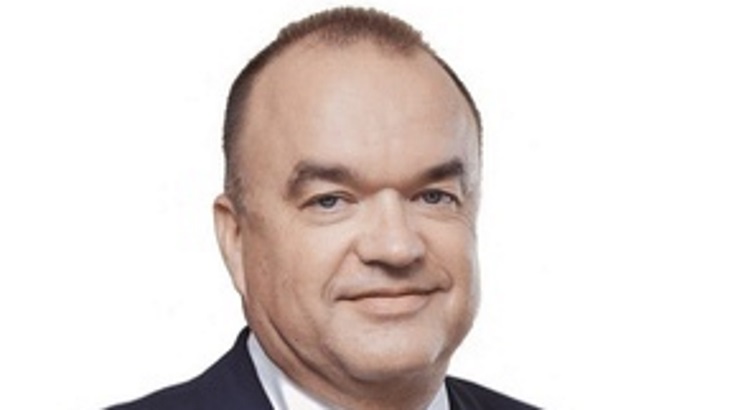Herman Halushchenko, Energoatom's vice president of development, said in a recent interview with Energy Club that "contrary to logic and legislation", the company's articles of association had been amended at the end of last year in a way that made its corporatisation impossible, since any change needed to be agreed with the Ministry of Energy. On 14 July, Energoatom submitted for approval a new version of the relevant statute. Yesterday, Energoatom said it had received the approved new version of its charter.
"The approved charter returns to the enterprise the right to approve its organisational structure, number and staffing. It also takes into account the position of the company towards the appointment of a president, approval of its financial plan, and the procedure for large transactions and the disposal of assets - that is, all those issues that were the subject of the company's lawsuit against the ministry," Energoatom said.
The company says it also expects to solve the problem it faces in the wholesale electricity market, which tied it to selling 85% of its electricity production to the Guaranteed Buyer at a fixed low price within the Public Service Obligation (PSO) mechanism.
On 20 May, the Cabinet of Ministers approved two resolutions on regulations governing PSOs and electronic auctions for bilateral contracts. The first reduces the 85% restriction to 80%, meaning Energoatom may sell 5% of the electricity it produces under bilateral contract via electronic auctions.
Yesterday, Energoatom said it will propose a "transitional PSO model for free and competitive access to the bilateral contracts market on equal terms with other participants”, and to sell 40% of the electricity it produces on that market.
Petro Kotin, acting president of Energoatom, wrote in a blog for Energy Club yesterday that, if the Cabinet of Ministers supports this proposal, the company "will begin to receive working capital".
According to the current PSO model, Energoatom's income this month will amount to just UAH2.75 billion (USD99 million), "which does not cover the company's main operating and production costs", he said. The new PSO transition model would enable an average monthly income of about UAH3.5 billion, he added.
GarPok is "unable to sell and pay for on time" the 80% of Energoatom's generation it purchases under the current market arrangement, he said. Its debt of UAH8.7 billion is "on a steady upward trend of about one-and-a-half to two billion hryvnias per month, of which over 3 billion is for June-July", he added.
In addition, he noted that in the day-ahead market and the intraday market, where Energoatom is obliged to sell 15% of its generation, "there is no proper demand for it" and, as a result, about 35% of it is directed to the balancing market. The changes Energoatom proposes would help reduce the surplus in day-ahead market and improve its own financial health, he said.















